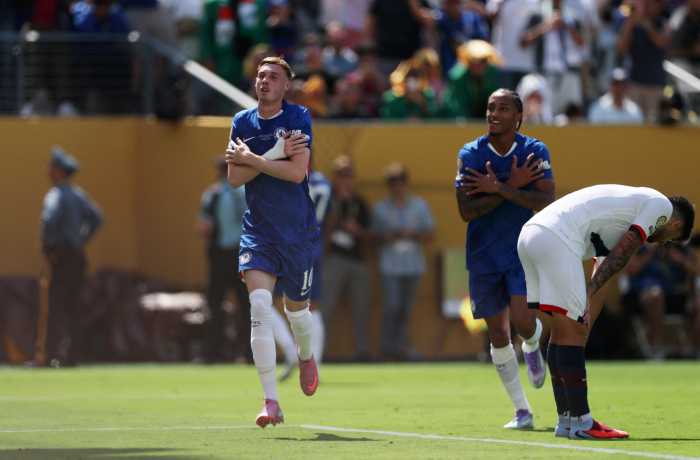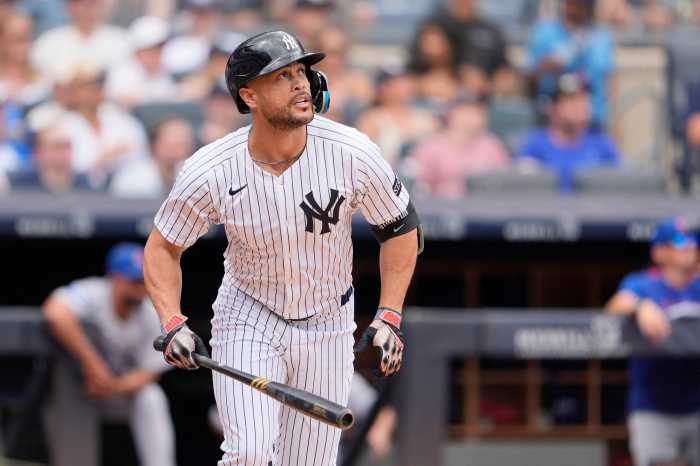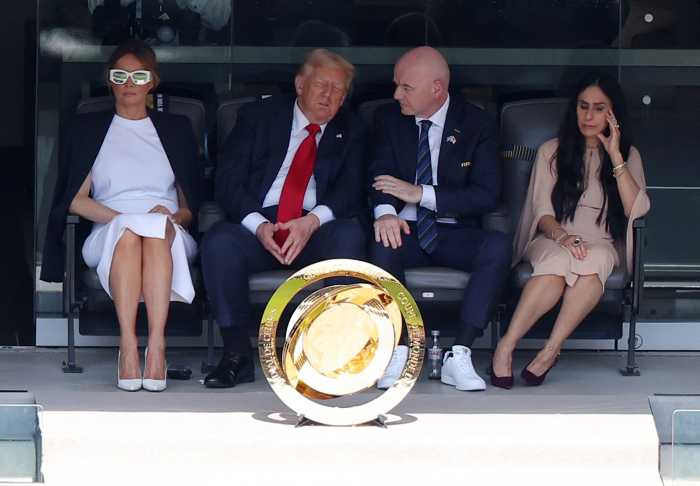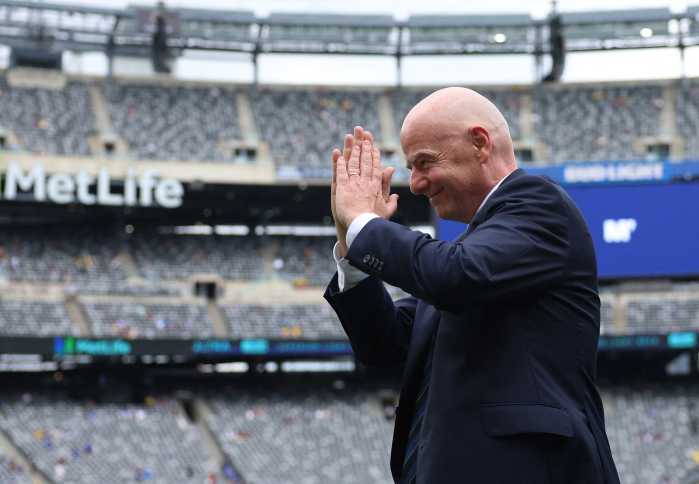The prolific documentarian Alex Gibney tackles one of the biggest questions of his career in his latest flick: How do you tell Lance Armstrong’s story?
The disgraced cyclist can’t be reduced to any simple characterization.
He’s an heroic figure and a cheat. A man who started an enormously successful cancer foundation and an admitted liar who bullied all sorts of people.
"The Armstrong Lie," out in theaters tomorrow, finds Gibney combining two separate films — one documenting Armstrong’s Tour comeback in 2009 and another grappling with the present reality after USADA banned him and stripped him of his titles in 2012.
amNewYork spoke with the Oscar winner ("Taxi to the Dark Side") about the project.
This is a complicated effort for a lot of reasons. What initially drew you to Lance in 2009?
I was interested in the original film as a sports film and I was interested in Armstrong’s will: from a positive, upbeat perspective — … he comes back from near death to be better than he was before and win seven Tour de France. But I was also interested in him because I was not unaware of the allegations and I figured there may have been in Lance a will to win at all costs or at any costs.
What makes that will-to-win an attractive subject?
That’s an American ethic that was very much evident in one of the other films I did, about Enron for example. And I also have a theory about sports, which is sometimes the best athletes, the ones who compete at the highest level, have this win-at-all-costs mentality which, if you look too closely at it, is not so pretty.
What about resisting all the strong emotions surrounding Lance?
I don’t believe in broadsides and I don’t believe, in a film, in lectures. I think a film is all about watching and listening. I think a lot of what this film is about is the anatomy of a lie. Well, if I’m standing up on a soapbox screaming at the top of my lungs every second, "He’s lying. He’s lying. He’s a d—. He’s a d—," nobody’s watching and nobody’s listening.
It was such an elaborate deception.
It seems to me that what’s interesting about this film is the opportunity to see the lie in action; and to parse it, and to reckon with it, and to see its context; and also to see, up close and personal, how Lance delivers it. And to guess sometimes when is it that he’s telling the truth and when is it that he’s lying, and is there any way to know the difference? Those are all pretty important questions, particularly in a story that’s about the abuse of power.
Why do you think Lance agreed to speak with you again earlier this year?
I think it was hard. It wasn’t so hard to get the interview right after Oprah, which was a short interview; a rather illuminating one, but short. It was much harder to get the second interview, mostly because of Lance’s attorneys, who felt the Oprah interview had not done him any favors in the court of law. ? Here’s why I think Lance was [interested]. I do think there was a part of him that felt he owed it to me, and we had those conversations. I also think that Lance as a storyteller, at least in terms of his ability to tell his own story, is pretty talented and he always wants to influence that story.
Has he seen the movie?
He hasn’t seen it. ? We set up a screening for him in L.A. and he sent his advisors instead, some lawyers and an agent. They saw it. But he hasn’t. To be honest, the last time I spoke to Lance, or communicated with him, was when I let him know the film was going to be called "The Armstrong Lie." In that context, he was not pleased, but I would say he accepted it.






































